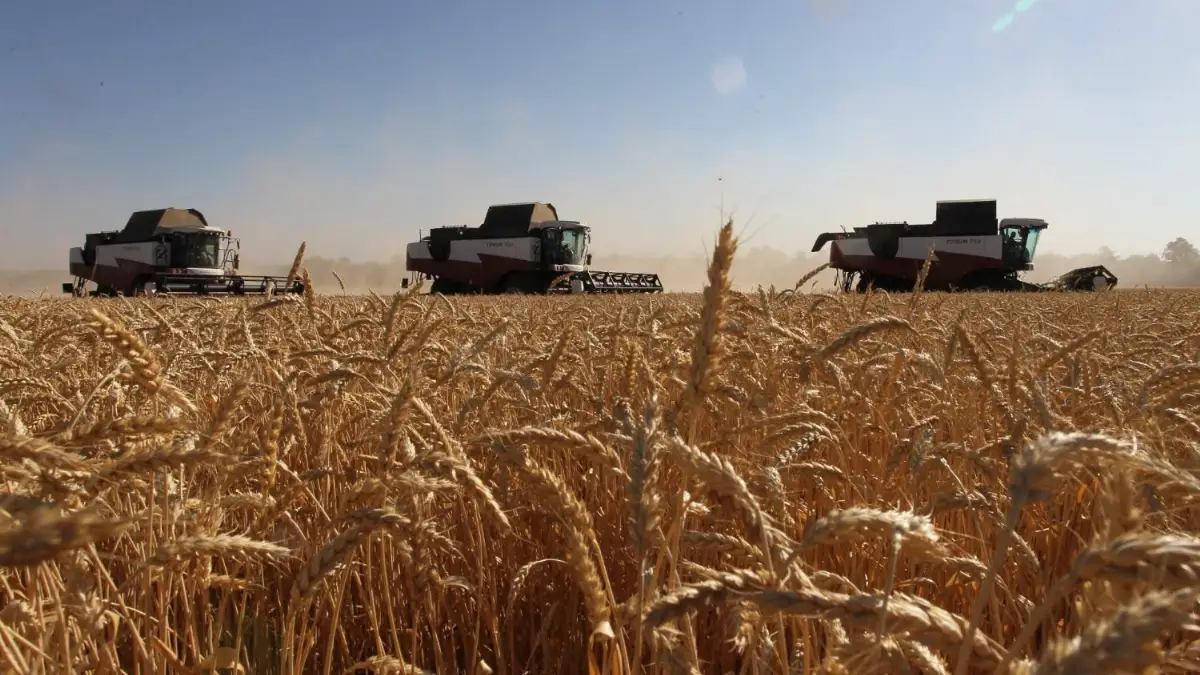
Pasta: Italy invaded by Russian and Turkish durum wheat in 2023
Centro Studi Divulga's report also highlights the surge in goods from Ukraine (+150%)

Italy was invaded in 2023 by a wave of Russian (+1164%) and Turkish (+798%) durum wheat, never recorded in the history of our country, which significantly caused the prices of Italian wheat to drop. This is what emerges from an analysis published by the Divulga Study Center in the paper "Mari in storm", an in-depth analysis of the impact of ongoing wars on the agri-food system.
In our country last year there was a considerable increase (+130% on a trend basis) in imports of durum wheat from non-EU countries. This growth is driven by the import of durum wheat coming from Turkey and Russia, which have become the second and third Italian suppliers respectively, preceded by Canada +83% (which remains the first supplier) and Kazakhstan +164%. Relevant data for the import of durum wheat from Russia, which with more than 400 thousand tons (+1164% compared to before the war) became our country's third supplier in 2023 after Canada and Turkey.
The situation, based on the analysis of the Divulga Study Center on Ismea and Eurostat data, has changed radically since July. From that moment, in fact, out of a total of 1.1 million tonnes of durum wheat imported into Italy from non-EU countries (81% of total European imports), Turkish durum wheat represents 37% while Russian durum wheat represents 31%. 4%.
The strong growth in imports from these countries has had clear repercussions on domestic prices: starting from July, in fact, the prices of the 2023 Italian harvest have dropped significantly. In January 2024, prices recorded a drop of over 70 euros per ton compared to the same period last year.
If we instead consider the prices recorded in June 2022 and equal to 577 euros/tonne, the prices of national durum wheat suffered a drop of around 190 euros per tonne, equal to over 33%. Arrivals from non-EU countries have multiplied precisely in conjunction with the harvesting phase of Italian wheat and the start of the new marketing campaign.
Again from the paper "Seas in Tempest", it emerges that Italy significantly increased imports of agricultural products from Ukraine (+150%) and Russia (+9%) in the two years of the conflict. Sustained growth was noted for cereals from Ukraine, in particular soft wheat (+260%), corn (+230%) and barley (+128%), but arrivals of poultry meat were also growing (over 700 tonnes in total ), sunflower seeds (+368%) and soybeans (+108%). Imports from Russia of sunflower oil (+298%) and sugar beet (+33.9%) are also growing.
EFA News - European Food Agency